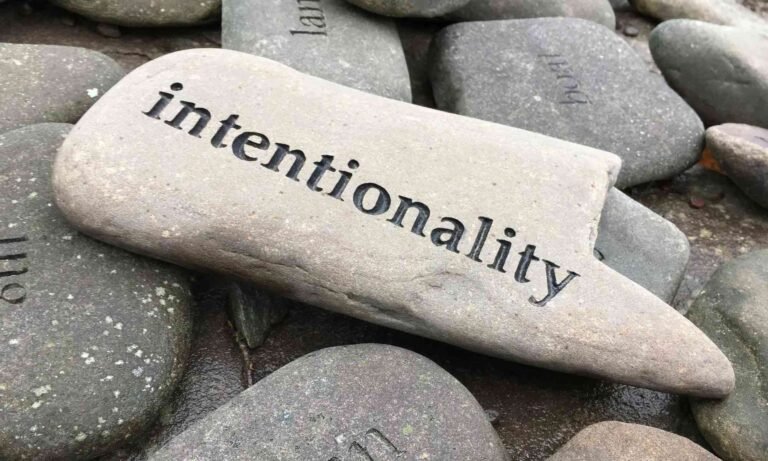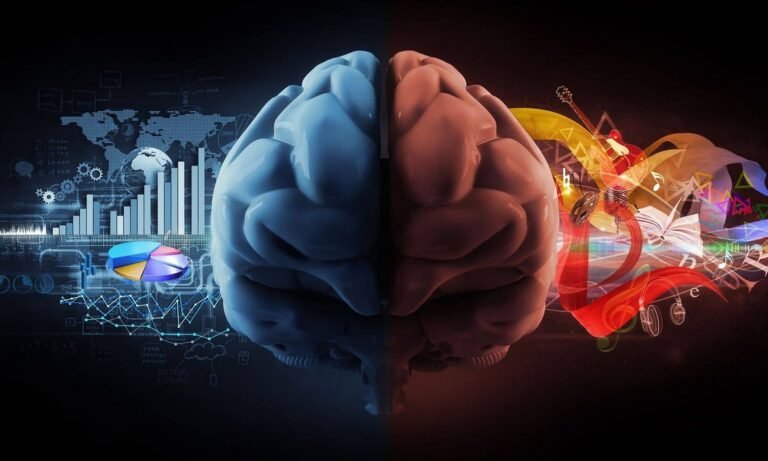The Importance of Education in Modern Society
Education serves as a cornerstone of modern society, functioning as a primary vehicle through which individuals acquire essential skills and knowledge. The process of education empowers individuals, enabling them to become critical thinkers and informed citizens. This empowerment is essential for personal growth and development, as education helps individuals navigate their environments more effectively, make informed choices, and contribute positively to society. By developing skills that encompass both hard and soft elements, education prepares individuals for a dynamic and evolving workforce, fostering competencies such as problem-solving, communication, and collaboration.
Education drives economic growth by enhancing productivity, innovation, and adaptability in a globalized world. Nations that invest in education strengthen their economies and build resilience for future challenges. Beyond economic benefits, education fosters social cohesion and cultural awareness, helping individuals engage with diverse perspectives, cultivate empathy, and reduce societal divisions. Schools serve as spaces for inclusivity and mutual respect, shaping informed and compassionate citizens. Ultimately, education is essential for both individual empowerment and societal progress. Addressing educational inequity ensures that everyone can contribute meaningfully to a more just, prosperous, and equitable world.
The Right To Education
The right to education is reflected in international law in Article 26 of the Universal Declaration of Human Rights:
- Everyone has the right to education. Education shall be free, at least in the elementary and fundamental stages. Elementary education shall be compulsory. Technical and professional education shall be made generally available and higher education shall be equally accessible to all on the basis of merit.

- Education shall be directed to the full development of the human personality and to the strengthening of respect for human rights and fundamental freedoms. It shall promote understanding, tolerance and friendship among all nations, racial or religious groups, and shall further the activities of the United Nations for the maintenance of peace.
- Parents have a prior right to choose the kind of education that shall be given to their children.
The Benefits of Lifelong Learning
Lifelong learning refers to the ongoing, voluntary, and self-motivated pursuit of knowledge and skills throughout an individual’s life. In today’s fast-paced and ever-evolving world, the significance of lifelong learning has become increasingly apparent. As technological advancements and globalization reshape job markets and societal expectations, individuals must adapt to new challenges to thrive personally and professionally. Lifelong learning offers a pathway to this adaptability, ensuring that one remains relevant amid constant change.
One of the primary benefits of lifelong learning is its positive impact on employability. The labor market continuously demands new skills, and those who engage in continuous education – whether through formal programs, online courses, workshops, or self-directed study – are better equipped to meet these evolving demands. Employers often prioritize candidates who demonstrate a commitment to self-improvement and intellectual curiosity. Furthermore, by acquiring new competencies, individuals can explore new career opportunities or pivot into different industries, thus enhancing their career prospects substantially.
Apart from career advancement, lifelong learning fosters personal satisfaction and enrichment. Engaging in various learning experiences can stimulate one’s intellectual faculties and contribute to a deeper understanding of diverse topics. This pursuit not only bolsters critical thinking skills but also opens doors to new hobbies and interests, ultimately enriching one’s life overall. Numerous communities worldwide have embraced lifelong learning initiatives, ranging from adult education classes to community-based workshops, demonstrating impressive results. These efforts have helped individuals gain new skills, build social networks, and contribute to collective community growth.
“Knowledge makes a man unfit to be a slave.”
– Frederick Douglass
Barriers to Education: A Closer Look
Access to quality education remains a pressing issue globally, with numerous barriers hindering individuals from realizing their educational aspirations. One of the most significant obstacles is economic disparity. Families facing financial hardships often struggle to afford basic educational necessities, such as school fees, uniforms, and supplies. This economic constraint can lead to high dropout rates, especially among marginalized communities, thereby perpetuating a cycle of poverty and limiting opportunities for future generations.
Geographic limitations further exacerbate this issue. In many rural and underserved urban areas, educational institutions may be scarce or of subpar quality. Students who reside in remote locations often travel long distances to attend schools, facing additional challenges such as inadequate transportation and safety concerns. These geographic barriers can discourage attendance and hinder academic performance, ultimately affecting students’ long-term educational outcomes.
Cultural biases and societal norms also play a critical role in shaping educational access and success. Many communities harbor deep-seated prejudices against specific groups based on gender, ethnicity, or socio-economic status. For instance, girls in certain regions may be discouraged from pursuing education due to traditional gender roles, limiting their potential and reinforcing gender inequality. Similarly, children from marginalized ethnic backgrounds may encounter discrimination within educational settings, leading to lower self-esteem and diminished academic ambition.
Addressing these systemic barriers requires a multifaceted approach that involves policy reform, community awareness, and targeted support systems. By fostering inclusive educational environments and ensuring equitable access to resources, society can work towards dismantling these obstacles. Ultimately, the importance of education as a fundamental human right underscores the necessity of creating a framework that supports all individuals, regardless of their economic, geographic, or cultural circumstances.
Educational Divide: Solutions and Innovations
Addressing Education Divide necessitates innovative solutions and collaborative efforts from various sectors. One effective approach has been the integration of technology in education. By leveraging digital tools, classrooms can transcend geographic and economic barriers, providing students in marginalized communities with access to quality learning resources. Online platforms facilitate personalized learning experiences, enabling educators to tailor curricula to meet the diverse needs of their students. Moreover, these technological resources can boost engagement and motivate learners, fostering a more inclusive educational environment.
Community-based learning plays a vital role in bridging the education gap by involving local stakeholders – educators, families, and community organizations – to enhance learning experiences. These initiatives emphasize culturally relevant teaching, making education more engaging and accessible for underrepresented students while fostering a sense of ownership within communities. Policy reforms are key to establishing equitable education systems. Governments are prioritizing funding and resources for underfunded schools, ensuring disadvantaged areas receive adequate support. Investing in teacher training and retention further strengthens educational institutions and improves student outcomes. Collaboration among governments, NGOs, and the private sector drives systemic change. By pooling expertise, funding, and resources, stakeholders develop sustainable solutions to reduce disparities, improve accessibility, and affirm education as a universal right for all.
What’s More
The posts in My Blog feature reflective, story-driven pieces rooted in personal and societal insights.
The topics in My Interests explore abstract, philosophical ideas and their cultural and societal impact.
👁️ 7,070 Views

















